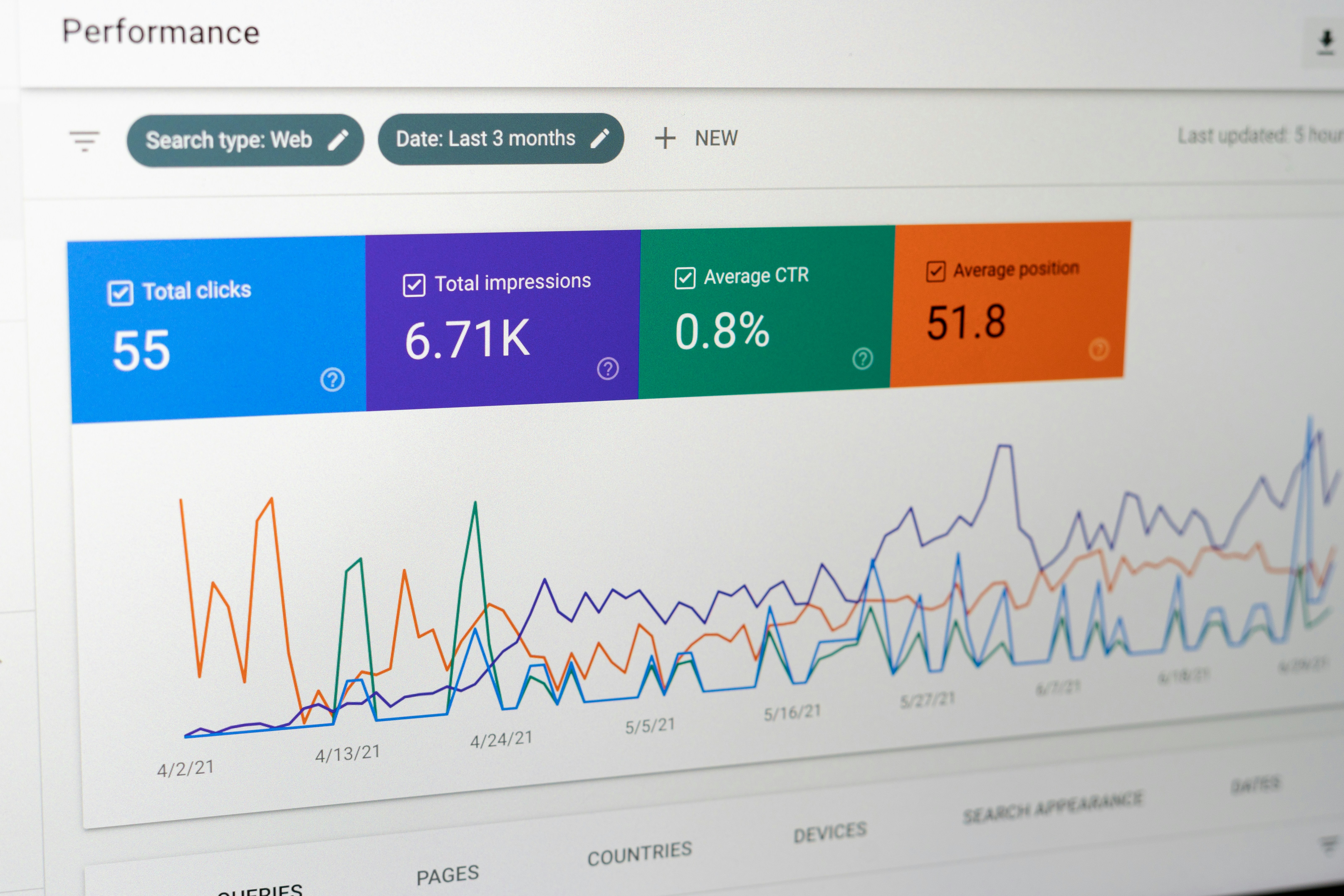Introduction to Performance Management Systems
Performance management systems (PMS) are structured frameworks used by organizations to evaluate and improve employee performance continuously. These systems encompass a variety of processes aimed at enhancing productivity, aligning individual objectives with broader organizational goals, and facilitating employee development through constructive feedback. The significance of performance management systems in modern organizations cannot be overstated. They serve as a bridge between an employee’s contributions and the overall strategic direction of the organization, ensuring that efforts are concentrated on achieving common objectives.
The primary objectives of performance management systems include enhancing employee performance, facilitating ongoing communication between employees and managers, and creating a supportive environment that fosters individual growth. Within this context, PMS both tracks performance metrics and provides a platform for employee appraisals. These appraisals can take various forms, including qualitative feedback, quantitative assessments, and self-evaluations, thus enabling a complete view of an employee’s capabilities and areas for improvement.
Historically, performance management relied heavily on annual reviews and fixed metrics, often leading to infrequent feedback and misalignment between employee goals and company objectives. However, contemporary performance management systems have evolved to incorporate more dynamic approaches, emphasizing agility, constant feedback loops, and employee engagement. This transformation enables organizations to respond quicker to changing business landscapes and enhances the overall employee experience, making them feel valued and part of the decision-making process. In this progressive environment, fostering a culture of continuous feedback allows for timely recognition of accomplishments and swift addressing of challenges, ultimately leading to improved employee performance and satisfaction.
Key Components of Effective Performance Management Systems
Performance management systems (PMS) play a crucial role in enhancing employee performance within organizations. Successful implementation of these systems is contingent upon several key components, each uniquely contributing to the overall effectiveness of performance management.
Firstly, goal setting serves as the foundation of any performance management system. By establishing clear, measurable objectives, organizations provide employees with a roadmap for success. SMART (Specific, Measurable, Achievable, Relevant, Time-bound) goals are highly recommended as they allow employees to understand their expected contributions. Moreover, aligning individual goals with organizational objectives fosters a sense of purpose and accountability.
Another vital element is continuous feedback. Regular check-ins and constructive discussions between managers and employees create a more dynamic atmosphere where adjustments can be made in real-time. This ongoing dialogue ensures that employees remain aware of their performance trajectory and areas that require improvement, leading to better engagement and motivation.
The performance appraisal process is also integral to effective PMS. This systematic evaluation not only assesses employee performance against established goals but also identifies potential development areas. Utilizing various appraisal methods, such as 360-degree feedback or self-assessments, can provide comprehensive insights into performance, allowing organizations to tailor their development plans accordingly.
Performance development plans are essential for fostering growth and career advancement. By implementing personalized development strategies, organizations can equip employees with the skills and knowledge required to meet both their current and future job challenges. Furthermore, investing in training and professional development reinforces the organization’s commitment to its employees.
Lastly, employee recognition significantly enhances morale and motivation. Acknowledging accomplishments and milestones cultivates an atmosphere of appreciation, thereby reinforcing positive behavior and boosting overall performance. A performance management system that integrates recognition tools or platforms can streamline this process, making it more impactful.
In sum, effective performance management systems must integrate goal setting, continuous feedback, performance appraisals, development plans, and employee recognition. Tailoring these components to fit the needs of the organization and its culture is essential for maximizing their impact on employee performance.
Challenges in Implementing Performance Management Systems
The implementation of performance management systems (PMS) within organizations is fraught with challenges that can hinder their effectiveness. One prevalent difficulty is resistance to change, as many employees may feel apprehensive about new appraisal processes or performance development approaches. This resistance can stem from fear of the unknown or skepticism regarding the system’s efficacy. To overcome this challenge, organizations must engage employees early in the process, demonstrating the tangible benefits of the PMS to foster acceptance and commitment.
Another significant hurdle is the lack of employee buy-in. If employees perceive that performance management is merely a tool for surveillance or punitive measures, it can lead to disengagement and skepticism. Thus, it is crucial for organizations to frame performance management as an opportunity for professional growth and development rather than a mere ratings exercise. Engaging employees in discussions about the objectives of performance management and how it aligns with their career aspirations can enhance buy-in and participation.
Inconsistencies in evaluation criteria pose yet another challenge during PMS implementation. When different managers apply subjective standards in appraisals, it can result in perceptions of unfairness and bias among employees. To mitigate this issue, organizations should establish clear, standardized evaluation frameworks that outline expected performance metrics and competencies. Training sessions for managers focusing on objective assessment techniques can further augment consistency in evaluations.
Finally, inadequate training for managers often undermines the success of performance management systems. Without proper instruction on how to conduct appraisals effectively and to engage in meaningful performance dialogues, managers may struggle with their roles. Providing comprehensive training and resources is essential for ensuring that managers are equipped to utilize the PMS effectively, thereby contributing to the overall success of the organization’s performance management initiatives.
The Future of Performance Management: Trends and Innovations
The landscape of performance management systems (PMS) is rapidly evolving, driven by advancements in technology and a shift towards more holistic approaches to employee performance. One of the most significant trends is the integration of artificial intelligence (AI) within these systems. AI-powered tools can analyze vast amounts of data to provide insights into employee performance, enabling managers to make well-informed decisions regarding appraisals and talent development. These technologies can also identify patterns that human evaluators might overlook, thereby fostering a more nuanced understanding of employee strengths and areas for improvement.
Additionally, organizations are increasingly adopting real-time performance feedback mechanisms. Unlike traditional annual reviews, which can be tedious and often do not reflect current performance accurately, real-time feedback promotes a culture of continuous improvement. Employees receive immediate insights into their performance, which can facilitate timely adjustments and drive performance development. This dynamic approach is essential in a fast-paced work environment, particularly as reliance on remote work increases.
The shift towards employee-centric approaches is another notable trend. Organizations are recognizing that engaged employees are more productive and committed to their roles. Consequently, performance management systems are being designed with the employee experience in mind, allowing individuals to set their own goals and contribute to the appraisal process. Such empowerment enhances motivation and drives better performance outcomes.
The impact of remote work and digital collaboration tools cannot be overlooked as they reshape performance management. As teams become more dispersed, leveraging technology to maintain consistent communication and performance tracking is critical. Looking ahead, the integration of virtual reality tools and predictive analytics may further transform how organizations approach performance management systems. As these trends develop, the future holds promising possibilities for enhancing employee performance and fostering a culture of achievement.











